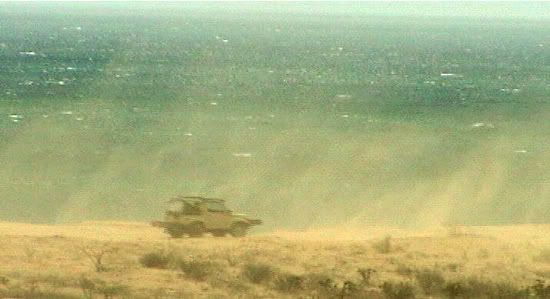we just planted some stuff and got cow manure
we mixed it with good soil fron the mulege valley
the dogs LOVE it

goat manure works too...no more goats around this area
also i was talking to some of the "boys" and they said they have "organic gardens" in mulege that use "bat poop" (guano)
this stuff is supposed really makes the plants really grow
edit spell again
[Edited on 10-14-2007 by Bob and Susan]










 We composted weeds in Eugene, but don't know the "rules" here ... thanks.
We composted weeds in Eugene, but don't know the "rules" here ... thanks.